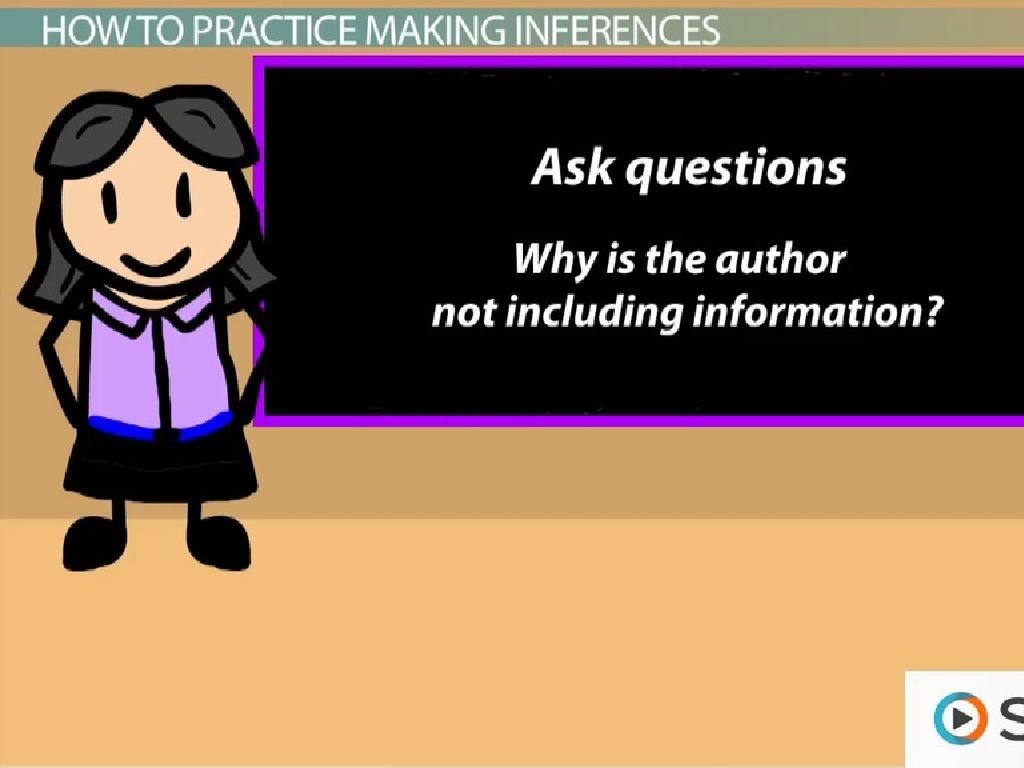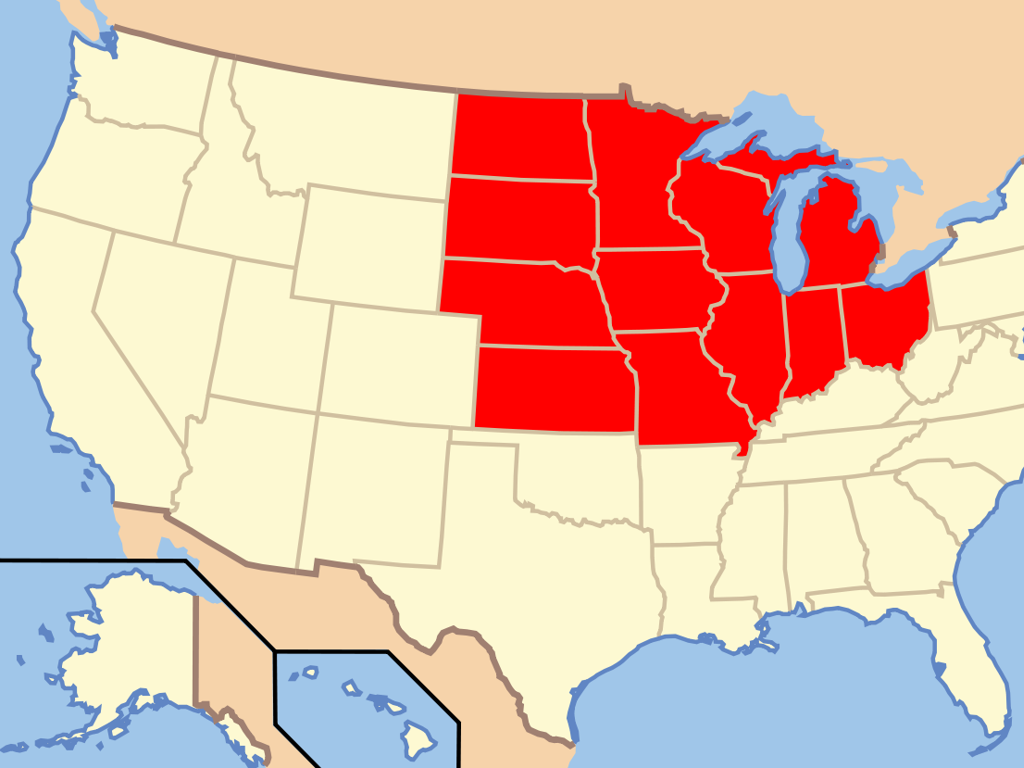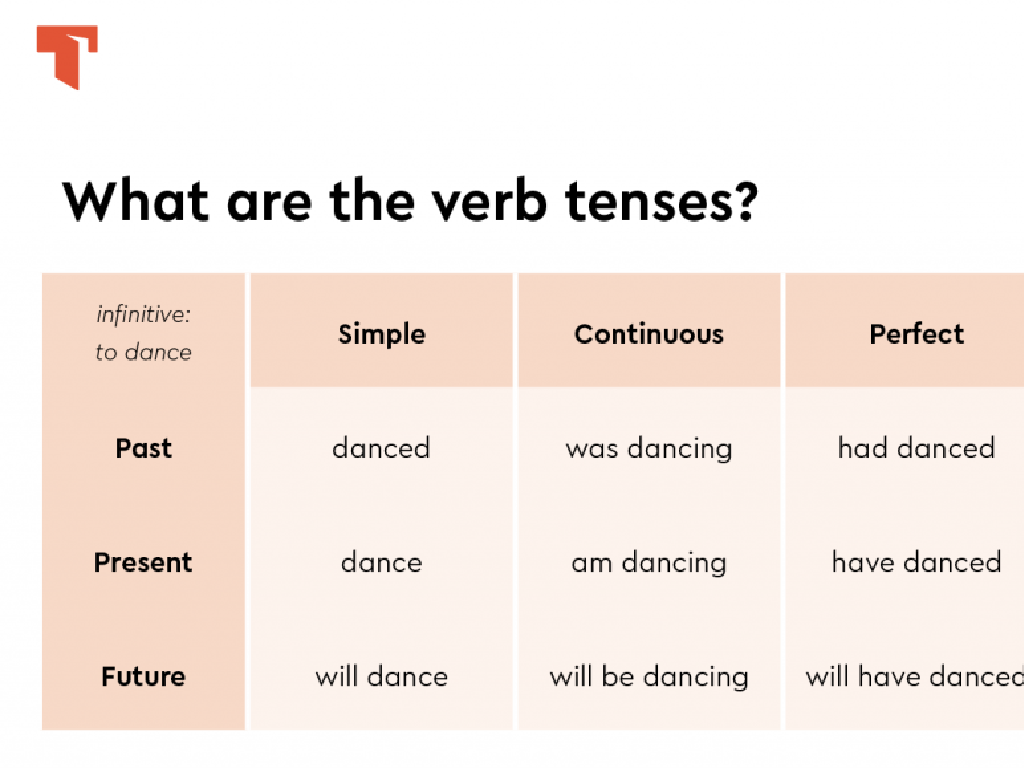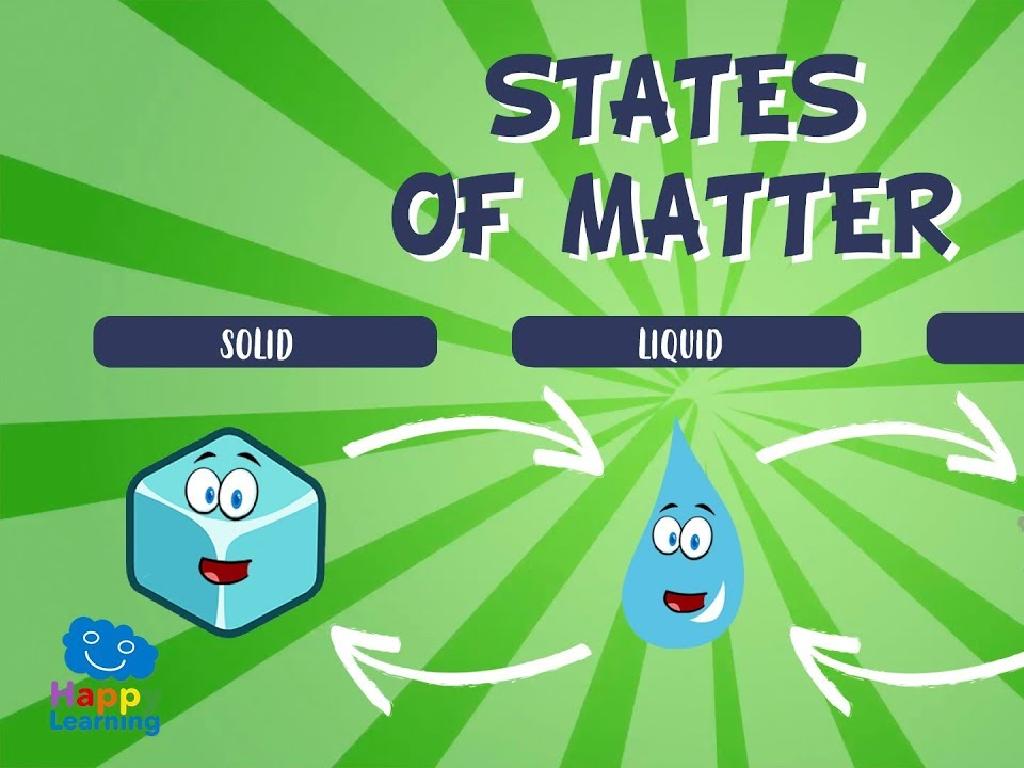Find Words Using Context
Subject: Language arts
Grade: Seventh grade
Topic: Context Clues
Please LOG IN to download the presentation. Access is available to registered users only.
View More Content
Welcome to Context Clues!
– Today’s Adventure: Contextual Discovery
– Unveiling Context Clues
– Context clues are hints to unknown words.
– The Might of Context in Comprehension
– They enhance understanding of text and word meanings.
– Why Context Clues are Crucial
– Context clues improve reading skills and vocabulary.
|
This slide introduces the concept of context clues and their importance in reading comprehension. Context clues are hints found within the text that can help decipher the meaning of unfamiliar words. They are essential tools for students to develop as they enhance overall understanding and facilitate a deeper engagement with the text. Emphasize that the ability to use context clues effectively can greatly improve their reading skills and vocabulary. Encourage students to look for examples of context clues in their daily reading and be prepared to discuss how these clues help them understand new words.
Exploring Context Clues
– Define context clues
– Hints authors give to define new words
– Their role in comprehension
– They help us grasp the meaning of unfamiliar words
– Types of context clues
– Definition, synonym, antonym, example, inference
– Practice with examples
– Use sentences to determine word meanings
|
Context clues are hints found within a sentence, paragraph, or passage that a reader can use to understand the meanings of new or unfamiliar words. They are crucial for enhancing reading comprehension and vocabulary. There are several types of context clues including definitions provided in the sentence, synonyms and antonyms that offer hints, examples that illustrate the meaning, and inferences that require the reader to draw conclusions based on the information given. Encourage students to actively look for these clues while reading. Provide practice opportunities with sentences containing new vocabulary and guide students to use the different types of context clues to infer meanings.
Mastering Context Clues
– Identify context clues in sentences
– Look for hints around unfamiliar words that define or explain them.
– Use synonyms for understanding
– Synonyms in the text can reveal the meaning of unknown words.
– Find antonyms to uncover meanings
– Opposite words, or antonyms, also provide insight into a word’s meaning.
– Practice with examples
|
This slide aims to teach students how to use context clues to determine the meaning of unfamiliar words. Context clues can be found in the words and sentences surrounding the unknown word. Synonyms, or words with similar meanings, can often be found near a challenging word and offer clues to its definition. Conversely, antonyms, or words with opposite meanings, can also help in understanding the new word. Encourage students to practice this skill by providing sentences with challenging vocabulary and asking them to deduce meanings using context clues. This will help them become more independent readers and enhance their comprehension skills.
Practice with Context Clues
– Group Activity: Decipher Words
– Work in teams to figure out meanings of new words using sentence clues.
– Individual Practice: Fill in the Blanks
– Use context clues to complete sentences with the correct words on your own.
– Share Answers in Class Discussion
– Discuss the words you’ve learned and the clues that helped you.
– Reflect on Context Clue Strategies
– Think about how context clues can be applied to understand unfamiliar words.
|
This slide outlines a comprehensive class session focused on using context clues to determine the meaning of words. Begin with an interactive group activity where students work together to decipher the meaning of new words based on the context provided in sentences. Follow this with individual practice where students fill in the blanks in sentences using context clues. Conclude with a class discussion where students share their answers and explain the reasoning behind their choices. This will help reinforce their understanding of context clues. Encourage students to reflect on different types of context clues such as definitions, synonyms, antonyms, and examples within the text. The goal is to develop their ability to independently discern the meaning of unfamiliar words when reading.
Strategies for Using Context Clues
– Read surrounding sentences
– Sentences before and after a word can give hints about its meaning.
– Look for signal words
– Words like ‘such as’, ‘means’, ‘refers to’ indicate context clues.
– Make an educated guess
– Use the clues to infer the word’s meaning before looking it up.
– Verify with a dictionary
– Always double-check the guessed meaning with a dictionary.
|
This slide aims to equip students with strategies to decipher the meaning of unfamiliar words using context clues. Encourage students to read not just the sentence with the unknown word but also the sentences directly before and after to gather more information. Highlight the importance of signal words that often introduce definitions, examples, or explanations. Teach students to trust their instincts when guessing meanings based on context, but also stress the importance of verifying their guesses with a dictionary to confirm accuracy. Provide practice opportunities with sample sentences and guide them through the process of using these strategies effectively.
Class Activity: Context Clue Scavenger Hunt
– Understand the scavenger hunt rules
– Team up and find words using context
– Look for unknown words and use surrounding text to determine meaning
– Record each word and its clues
– Write down the word, sentence, and the clues that helped you
– Get ready to present your findings
|
This interactive class activity is designed to engage students in learning how to use context clues to determine the meaning of unfamiliar words. Students will work in teams to search through selected books and identify new vocabulary, using the surrounding text to infer meaning. They should note down the sentence containing the word and the specific clues that helped them understand the word’s meaning. After the scavenger hunt, each team will present their findings to the class, explaining how they used context clues. For the teacher: Prepare a list of books appropriate for seventh graders, ensure teams are balanced in skill levels, and provide a worksheet for recording findings. Consider offering a prize for the team that finds and correctly explains the most words to add a competitive element.
Conclusion: The Power of Context Clues
– Recap: Why Context Clues Matter
– Applying Context Clues in Reading
Use context clues to understand new words while reading any text.
– Homework: Discover 5 New Words
Choose a beloved book, find new vocabulary, and note the clues.
– Reflect on Context Clue Strategies
Think about how context clues helped and share your thoughts.
|
This slide wraps up our lesson on context clues by summarizing their importance in understanding new vocabulary without a dictionary. Encourage students to actively use context clues in their daily reading to enhance comprehension. For homework, students should select a favorite book and identify five new words, writing down the context clues that helped them understand each word. In the next class, ask students to share their findings and reflect on how context clues aided their understanding. This exercise will reinforce the day’s lesson and build confidence in their ability to decipher unfamiliar words independently.






